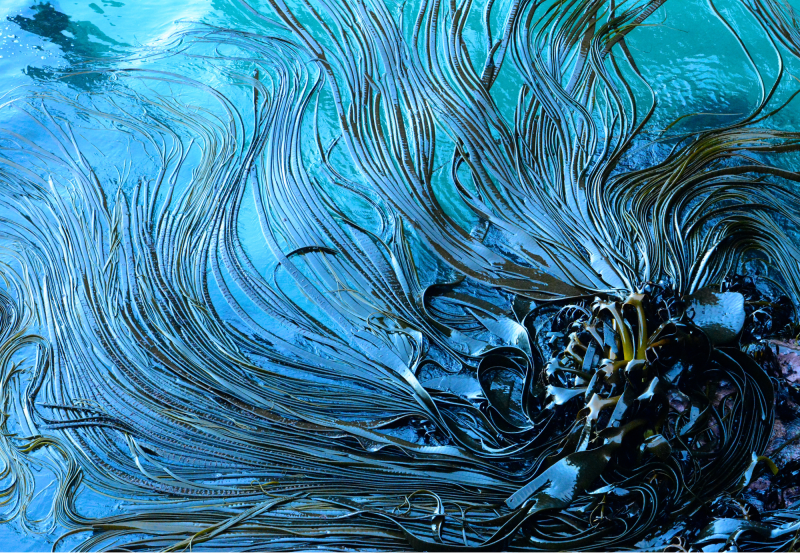NABIA
Cultivating a Sustainable and Innovative Future
The NABIA project is a pioneering entrerprise, with the ambicious goal of implementing circular economy processes through algal biotechnology. The goal is to develop sustainable, premium products, such as bioplastics by cultivating microalgae, using the biomass resulting from wastewater treatment and simultaneously purifying wastewater.
In addition, Nabia has the ambition of reducing human exposure to contaminants, in drinking water, increasing water quality and overall well-being.
Supported by the Foundation for Science and Technology, NABIA joins a multidisciplinary team from various entities and institutions that include the University of Coimbra.
Beyond research, NABIA is dedicated to promote awareness and educating the public about the importance of sustainable water treatment and the consumption of eco-friendly products.
Key Objectives:
- Wastewater Treatment: Utilizing microalgae to remove pollutants and contaminants from wastewater, safeguarding water resources.
- Bioproduct Development: Transforming algal biomass into high-value products, like bioplastics and biofuels, boosting circular economy.
- Technological Innovation: Give birth to advanced technologies, like the SAM6.0® photobioreactor, to optimize algal biomass production and reduce costs.
Impact and Benefits:
- Sustainability: Reducing carbon footprint by promoting circular economy, and preserving natural resources.
- Innovation: expanding to novel technologies and products that can boost the biotech sector.
- Social Impact: Improving water quality, creating jobs, and contributing to the development of local communities.
The NABIA project presents unique opportunities for:
- Scientists: Joining forces around cutting-edge research and developing new applications for microalgal biotechnology.
- Investors: promoting the investment in a sector with high growth potential and financial returns.
- Industries: Using sustainable and innovative solutions for their production processes.
- Society: Providing a cleaner and more sustainable future.
By combining science, technology, and entrepreneurship, the NABIA project is shaping the future of the bioeconomy and inspiring a new generation of sustainable solutions.
